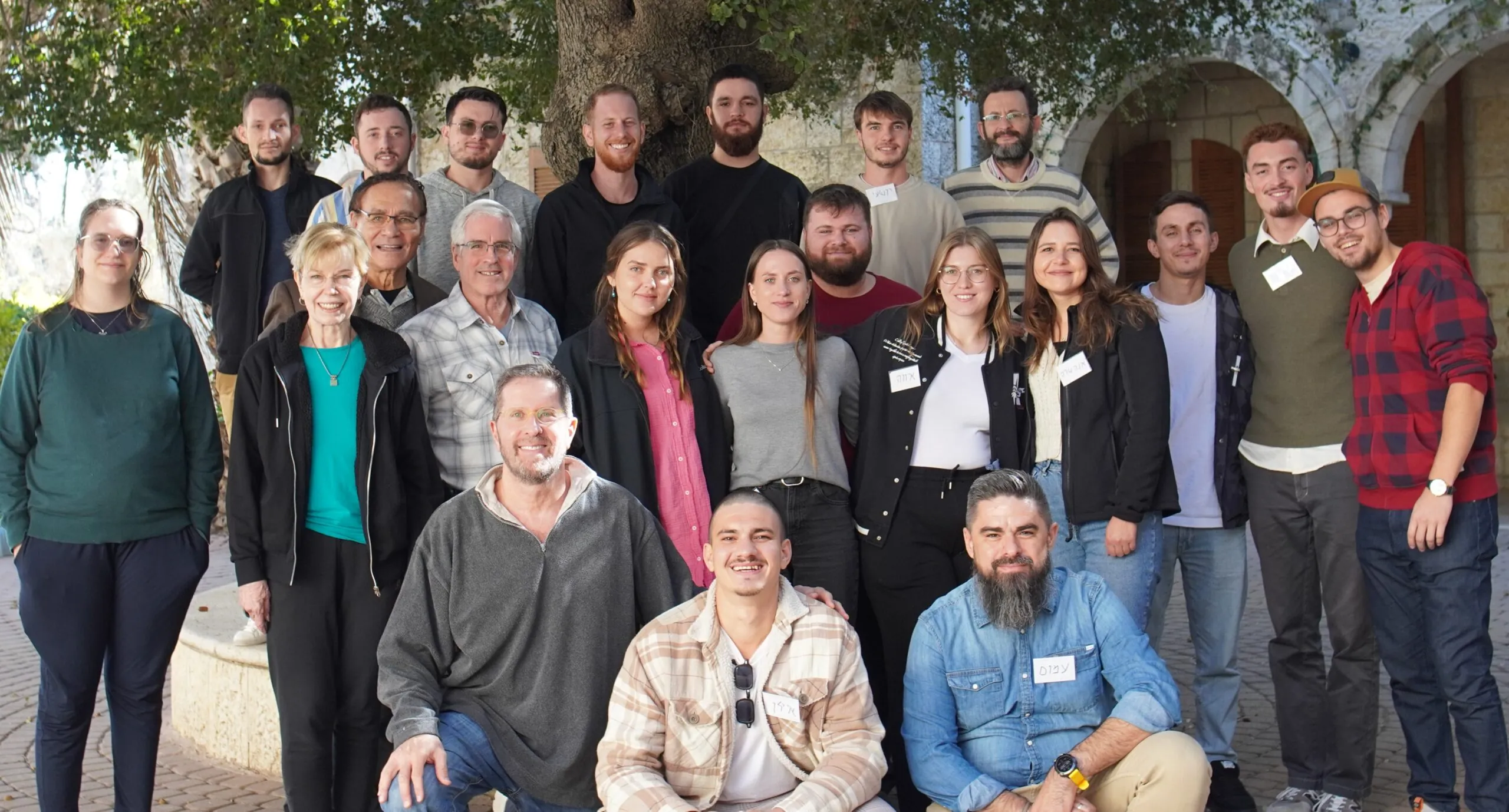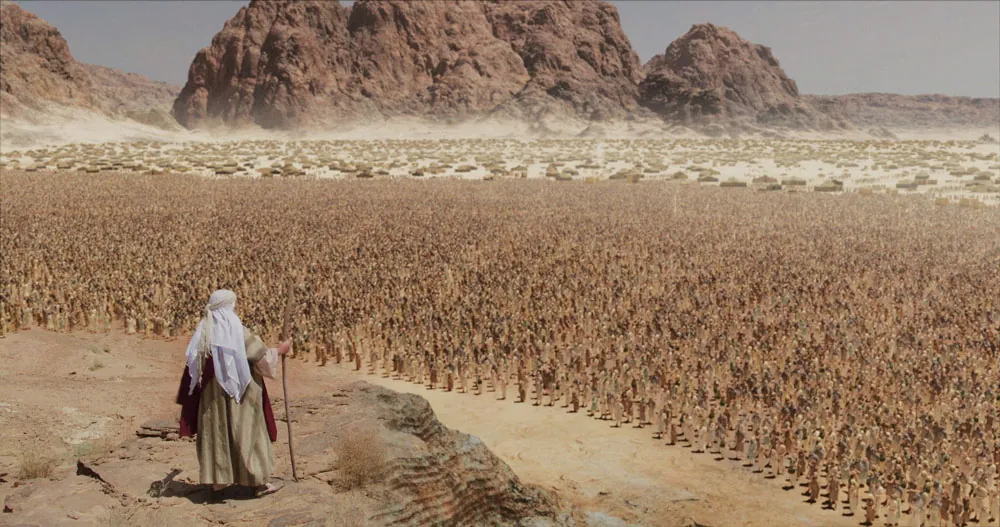
Have you ever thought about how God dealt with his people before there was the written Word of God? Enoch had no Bible. Neither did Noah – or Abraham, Isaac and Jacob. Our Bible teaches us that though these men didn’t have the written Word, God spoke to them face to face.
But the Bible doesn’t say anything about God speaking to the children of Israel the long period after they became slaves. Yet God was listening to their cries and knew their sorrows. And He had a plan. (Exodus 3:7-8)
In a world-changing moment of history, Moses appeared on the scene. By the strangest of coincidences, while a paranoid Pharaoh was attempting to decrease the number of the children of Israel by killing male babies, Moses was taken into the household of Pharaoh and raised by a royal daughter.
The importance of these circumstances cannot be overstated when we realize Egypt was one of the most advanced civilizations in the world. And Moses, as an adopted royal, received the finest education the world could offer at that time. For sure he knew hieroglyphics.
Non-believing archeologists have long declared Moses could not have written the Torah, as no one could write Hebrew at that time. But new archeological evidence (next article) may eventually put another nail in the coffin of atheistic denial. Every new archeological discovery made here in Israel keeps proving the Bible is, after all, true and accurate.
According to the Bible, Moses led Israel out of Egypt around 1445 B.C. And Moses spent the last 40 years of his life leading the children of Israel in the wilderness and writing down the words that God Himself dictated to him in Hebrew. The Torah – the Five Books of Moses – was immediately recognized by the people of Israel as an authorized book given to Moses by God.
And Moses read it to all the people:
Then he took the Book of the Covenant and read in the hearing of the people. And they said, All that the Lord has said we will do, and be obedient. (Exodus 24:7)
The Scriptures suggest there were around 2,000,000 people who followed Moses out of Egypt. Without microphones, he obviously had to have help – a lot of help – to dispense the Word of God to these people.
By writing it down, the Torah would be able to reach unlimited numbers of people. The Lord told him to select one tribe – the Levites – to serve the Lord and the people as spiritual ministers. They were to copy the scrolls of the Torah and place a copy alongside the Ark of the Covenant. (Deuteronomy 31:24-26)
It must have been an organizational challenge out in the desert to read the full Torah to all Israel! What a task!
But Moses knew that the leaders of Israel had to be immersed in the Word of God in order to serve the Lord with all their hearts. In fact, Moses had commanded all future kings of Israel to write their own copy of the Law from the Levites’ copy.
…and [the king] shall read it all the days of his life…that he may not turn aside from the commandment to the right hand or to the left, that he may prolong his days in his kingdom… (Deuteronomy 17:18-20)
JOSHUA
But Moses’ successor, Joshua, picked up the mantle to take possession of the land God promised Israel. During Joshua’s 52 years (jbqnew.jewishbible.org) of leading Israel, he chose Shiloh as the spiritual center for Israel. Joshua set up the tabernacle of meeting there which housed the Ark of the Covenant, together with the Torah scrolls. Joshua was faithful to get the Word of God into the hearts and minds of the children of Israel.
There was not a word of all that Moses had commanded which Joshua did not read before all the assembly of Israel, with the women, the little ones, and the strangers who were living among them. (Joshua 8:35)
Furthermore, he added his own book that carries his name, recording the events that happened after they entered the Promised Land.
And not surprisingly, as long as Joshua and the elders of his generation were alive, Israel served the Lord. But that doesn’t mean it was an easy job. As each tribe began to possess the land God had allotted them, they began moving into distant areas across the Promised Land.

JUDGES
Here is where the difficulties really began. Over a period of nearly three centuries, twelve different judges, living in different areas, rose up mainly as military leaders to ward off attacking enemies as they conquered the land God had promised them. They were not particularly spiritual for the most part.
As the tribes relocated to distant areas, many moved further and further away from their God. Their lives became filled with idol worship and extreme violence. A few judges such as Deborah and Gideon were godly people. Yet there seemed to be a continuing deterioration in the quality of judges, finally arriving to the likes of Samson. Warrior, yes. Man of God, no. Without strong godly leadership, reading and obeying the Torah became less and less a priority. Rampant violence, sexual sin and idol worship took over. Tribal wars cost hundreds of thousands of lives.
The sad book of Judges ends with:
In those days there was no king in Israel; everyone did what was right in his own eyes. (Judges 21:25)
SAMUEL
Yet there was a remnant throughout the tribes who stayed near to God. Under Samuel’s leadership, he brought order to at least a part of the newly formed nation. A mighty prophet, he served his people by going on a circuit to three main cities – Bethel, Gilgal and Mizpah plus his own city of Ramah – and judged Israel. As judge, he was teaching the Law of Moses and the book of Joshua to his people. Before Samuel died, he also added the books of Judges and Samuel to the written Word of God. Nevertheless, there were surely many towns and villages far away from the spiritual center of Israel. It is doubtful that every Israelite was receiving a steady diet of the Word of God.
DAVID AND SOLOMON
The period of Kings came next. The House of Israel probably heard more Scripture during King David and Solomon’s reigns than any other period since the death of Moses. Clearly from the Scriptures, King David, though he started out as a shepherd, became an educated judge, musician, writer, poet and prophet.
David brought order to the entire priestly and Levitical tribe – all 38,000 of them! His favorite way of bringing the word of God was through prophetic and worship songs, together with historical psalms of God’s interaction with Israel through the centuries. He appointed 4,000 to be musicians who worshiped with song and musical instruments.
It is hard to accentuate enough how powerful his “Words of God” set to music impacted Israel through the ages. His songs were sung or read throughout the centuries, and they carried much divine revelation in their lyrics. David was most certainly an intense student of the available books of the Bible in his generation. He loved the Word of God! The first Psalm reads:
Blessed is the man… His delight is in the law of the Lord, and in His law he meditates day and night. (Psalms 1:1-2)
David made sure the Israelites were paying tithes to the Levites under his reign so that the Levites and priests could study the written word of God and administrate. In Bible days, there would always be a majority of Israelites who could not read or write. But as long as the leadership – the kings, priests, Levites and prophets – were immersed in the Word of God, they would bring a culture of godliness to their people.
Solomon’s fame as a brilliant and wise king was known far and wide. It would seem, however, that as Solomon’s lifestyle became more carnal, he spent less time with the Lord and His Word. He forgot the Torah scripture:
Neither shall [The King] multiply wives for himself, lest his heart turn away; nor shall he greatly multiply silver and gold for himself. (Deuteronomy 17:17)
THE NORTHERN KINGDOM OF ISRAEL
Because of Solomon’s arrogant son who clearly lacked the wisdom of God, the kingdom was ripped apart. The Ten Tribes of Israel never had a single righteous king after that – with the partial exception of Jehu – until they were exiled to Assyria! It is safe to say, none of their 20 kings kept a copy of the authorized Word of God near them. The people had no one to teach them the Word of God.
In fact, these wicked kings of Israel did not allow their citizens to even visit Jerusalem to worship, out of fear that they might give their loyalty to the Kings of Judah. The kings of the Ten Tribes actually built walls to keep their people out of Judah, out of the place where the Word of God remained, beside the Ark of the Covenant.
Oded, a prophet in Judah, said of the Northern Kingdom of Israel: For a long time Israel has been without the true God, without a teaching priest and without law… (II Chronicles 15:3)
Yet there were prophets of God among the Ten Tribes during the years of the Northern Kingdom. Isaiah, Hosea, Amos and more were voices at that time. But when Elijah challenged the Israelites, saying,
How long will you falter between two opinions? If the Lord is God, follow Him; but if Baal, follow him. (I Kings 18:21)
But the people didn’t know who to choose! Even after his great victory over the prophets of Baal, Elijah ran for his life against the incredibly wicked Jezebel, convinced he was the last believer alive. Yet God revealed to him He had 7,000 men who had not bowed to Baal. Nevertheless, the cup of wickedness continued to fill up.
Such a disastrous condition could only lead to a tragic final end. After less than 200 years, God had had it. The Ten Tribes went into exile, never again to be heard from.
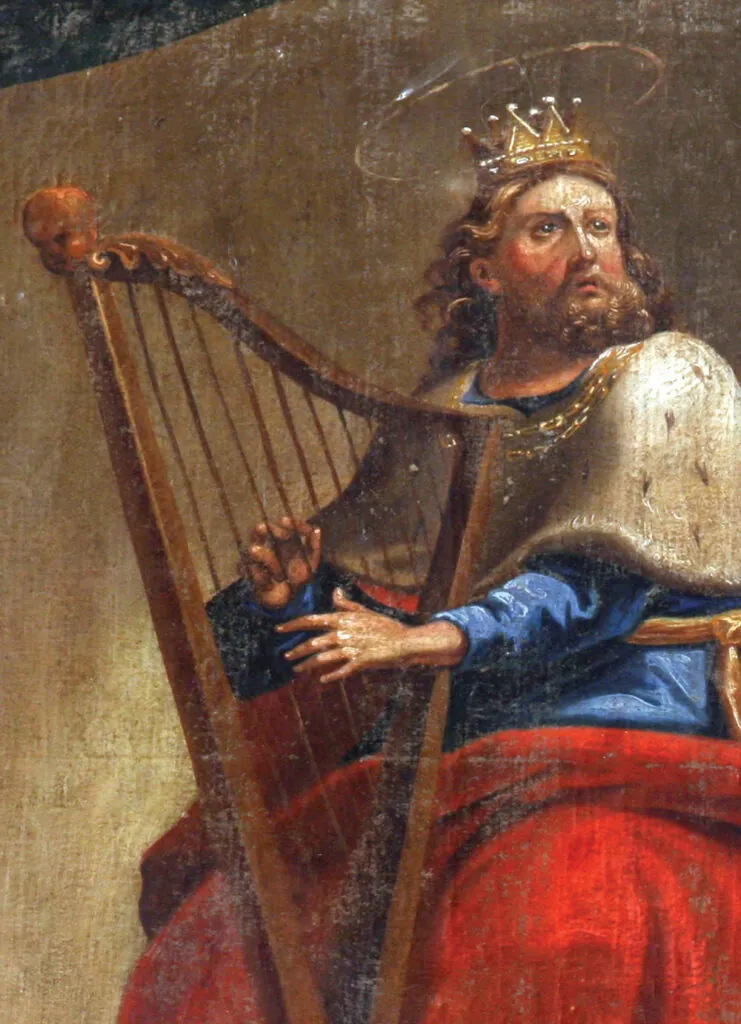
THE SOUTHERN KINGDOM OF JUDAH
Judah also had a total of twenty kings before Nebuchadnezzar hauled them off to Babylon. Only a few were righteous.
Solomon’s immediate descendants were mediocre to bad: Rehoboam, Abijah, Asa. But it was the next king, Jehoshaphat, who brought Judah back to being a righteous, godly nation. God protected him, even when he made missteps, and protected his nation against fierce enemies. The Bible says:
[He sent his leaders] to teach in the cities of Judah…So they taught in Judah and had the Book of the Law of the Lord with them; they went throughout all the cities of Judah and taught the people. (II Chronicles 17:9)Unfortunately, for the next 150 years, most of Judah’s kings were not model ambassadors for the Lord. Some started out halfway good, and then as their power grew, turned downright evil.
Only two other kings, Hezekiah and Josiah, were truly godly kings. Hezekiah repented of the many sins of his fathers, and recognized the desolation that their neglect of God and His Word had brought upon themselves. He opened the doors of the house of the Lord and repaired them. (II Chronicles 29:3)
The Levites took all the garbage out of the deserted Temple, and for eight days cleaned the place. Then he commanded the Levites to go into the House of God with praise and worship. He was determined that the spiritual leadership of Judah would be focused in leading the people to love the Lord. He commanded his people to support the priests and Levites so they might devote themselves to the Law of the Lord. (II Chronicles 31:5)
And in every work that he began in the service of the house of God, in the law and in the commandment, to seek his God, he did it with all his heart. So he prospered. (II Chronicles 31:21)
Hezekiah saw revival among the people of his kingdom. But in his prosperity, even Hezekiah became proud at the end, and his son Manasseh was a complete disaster. Manasseh reigned for 55 years, and was perhaps the most wicked of all the kings of Judah. Again there was a total vacuum of the Word of the Lord. Again the people were starving.
Amazingly, Manasseh’s grandson, Josiah, became the most godly of all the kings of Judah after David. (Perhaps he had a godly mother?) Josiah became king at eight years’ of age. At the age of 16, he began to seek “the God of his father David.” He tore down every idol he could get his hands on. At age 26, he decided to make repairs to the Temple. As the High Priest Hilkiah was cleaning, he found the “Book of the Law of the Lord given by Moses.” Josiah was shocked at what was written, and tore his clothes.
Go, inquire of the Lord for me, and for those who are left in Israel and Judah, concerning the words of the book that is found; for great is the wrath of the Lord that is poured out on us, because our fathers have not kept the word of the Lord, to do according to all that is written in this book. (II Chronicles 34:21)
There was a great revival during his reign. Josiah literally cleansed the country of all the abominations the children of Israel had served. The Scripture states: All his days they did not depart from following the Lord God of their fathers. (II Chronicles 34:33b)
Tragically, Josiah was killed in battle at age 39 after ruling for 31 years. Three of Josiah’s sons and one grandson ruled for the next 22 years and six months. Each was more wicked than the last. Under these wicked kings, the leaders and priests “transgressed more and more, and defiled the house of God.” Jeremiah, the weeping prophet, and others tried desperately to warn the four sons of Josiah, but to no avail. The Kingdom of Judah had lasted some 325 years. Now it was the end of all Israel. The country was so decimated from the sword, famine and disease that Nebuchadnezzar found only 4,600 Jews worth taking into exile.
Yet there were still strong Jewish followers of the one true God. The priest, Ezekiel, who was deported to Babylon with the last king, Zedekiah, publicly prophesied and wrote a book of his visions – as to why disaster had overtaken Israel. Daniel, apparently from the royal line of the kings of Judah, and his three friends kept their intimate relationship with God, even though it almost cost them their lives. They clearly had access to the Law of Moses and the book of Jeremiah, and likely all the written books until then. Daniel confessed the sins of his people and himself as he quoted the commandments and curses in the Torah. He prayed diligently because he saw in the Book of Jeremiah, that, the Jewish people would return to their homeland in 70 years. There was still HOPE!
The testimony of the entire Old Testament is consistent: When the government and spiritual leaders of Israel served God and were providing their citizens with the Word of God, their nation prospered – every time.
When Israel did not have the Scriptures and godly leadership, they fell back into sin, and their nation declined – and was ultimately destroyed. Every time. Israel is our example of how God deals with individuals and with nations. All the time.
To be continued next month: From Ezra to Yeshua the Messiah.
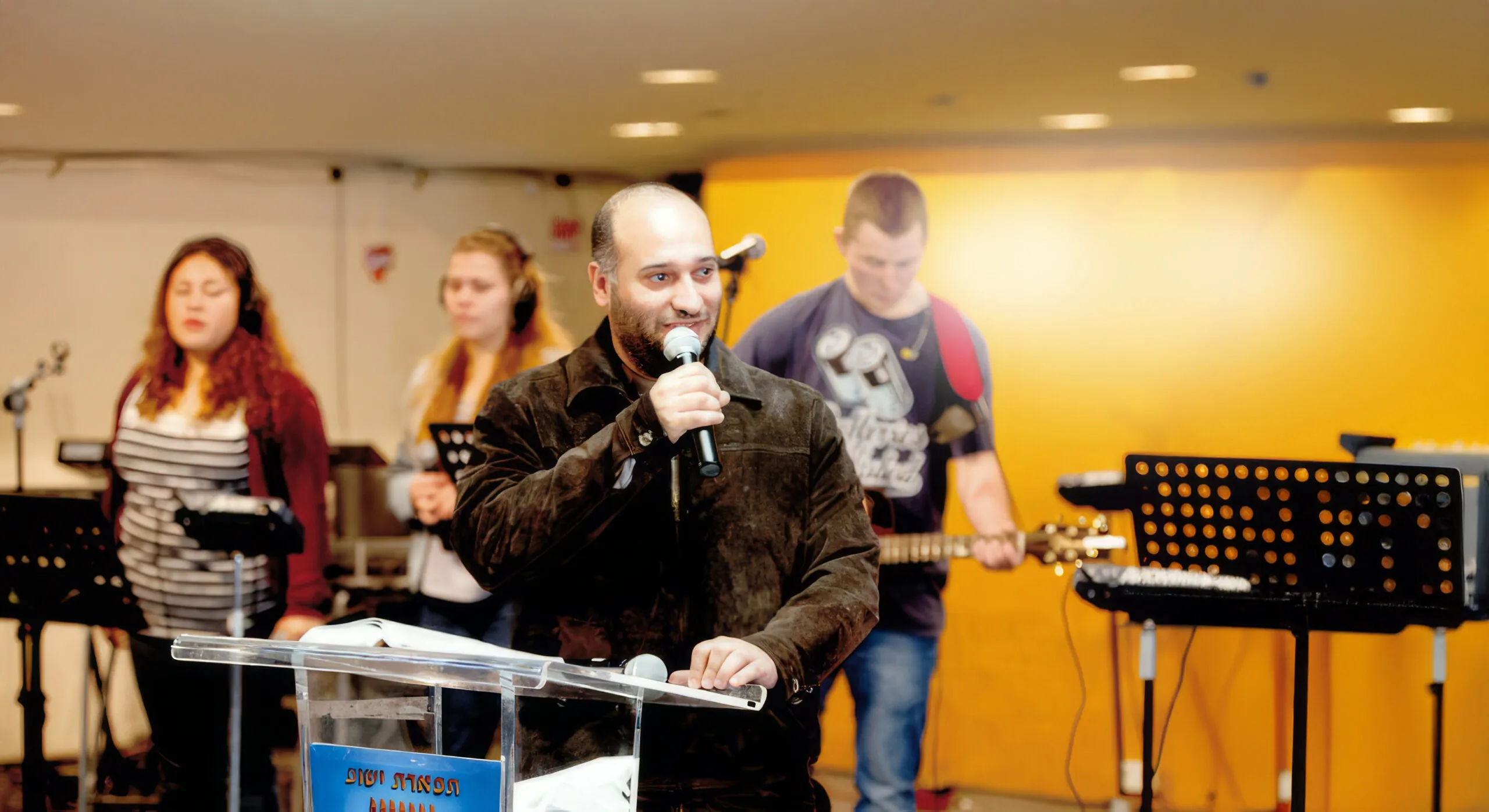
Israel’s First Indigenous Pastor?
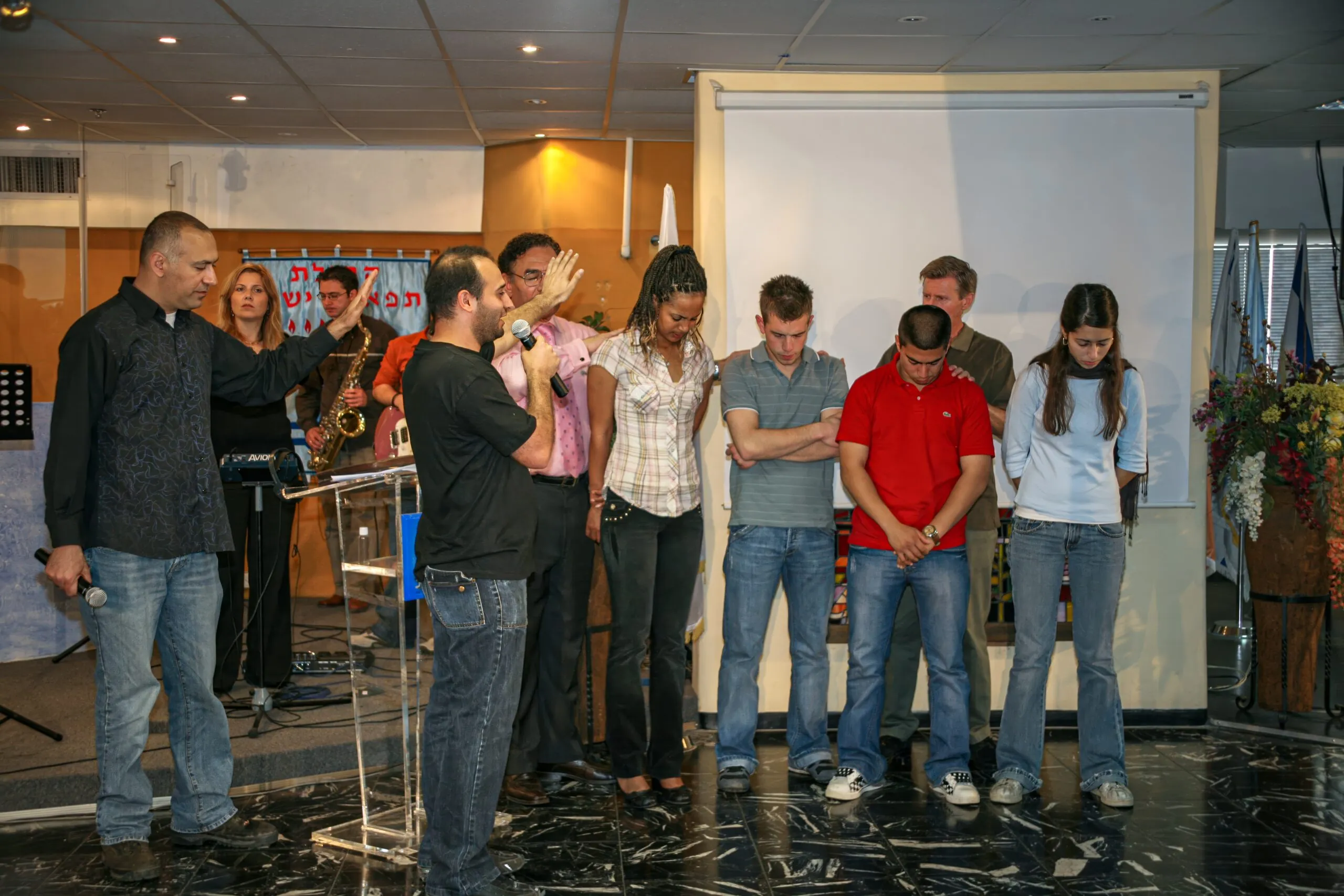
Rooted and Rising in Israel

A New Generation Rises

Leaders in the Making

Free Gaza

Bringing Light Beyond Borders

From Crisis to Christ

Rebranding the Terrorist

Shmuel is Hebrew for Samuel
